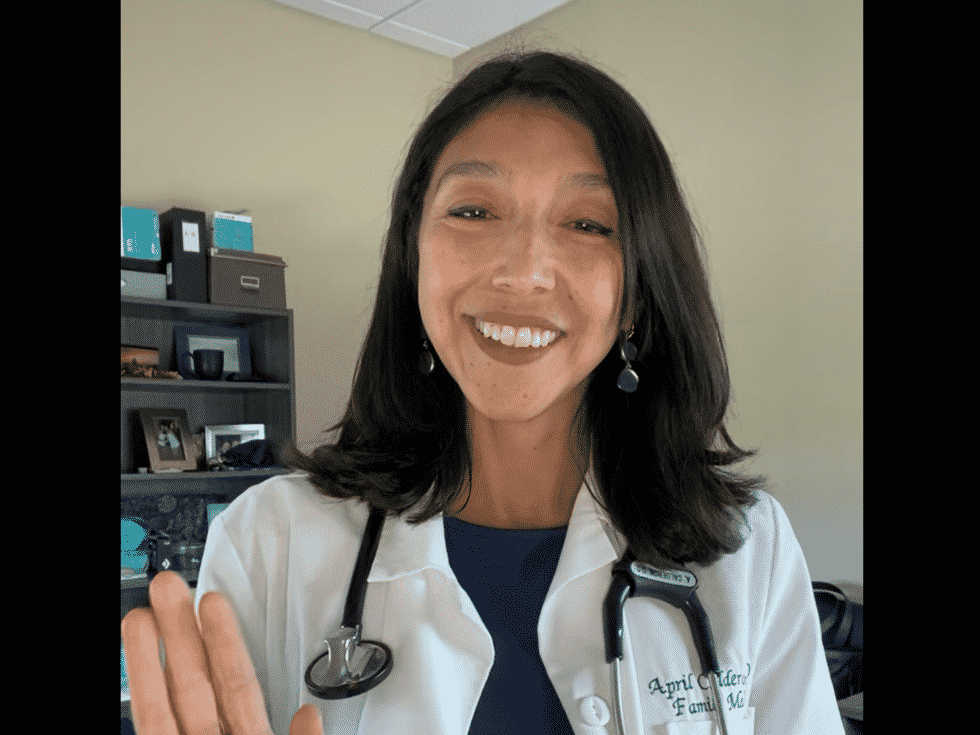Finding the Best Primary Care Physician Near Me Accepting New Patients
Embarking on the journey to find a Primary Care Physician Near Me Accepting New Patients opens up a world of healthcare opportunities. From the importance of having a consistent healthcare provider to the challenges of finding one in your area, this guide covers it all.
Exploring the criteria for choosing the right physician and the significance of proactive care, this comprehensive overview aims to equip you with the necessary knowledge to make informed healthcare decisions.
Importance of Having a Primary Care Physician
Having a primary care physician is crucial for maintaining overall health and well-being. These healthcare professionals play a pivotal role in preventive care, early detection of illnesses, and managing chronic conditions effectively.
Benefits of Establishing a Long-Term Relationship
- Personalized Care: A primary care physician gets to know you, your medical history, and your unique health needs, allowing for personalized treatment plans.
- Coordination of Care: They act as a central point of contact, coordinating care with specialists and ensuring continuity in your healthcare journey.
- Preventive Services: Regular check-ups and screenings help in identifying health issues early on, preventing serious complications.
- Health Education: Primary care physicians educate patients on healthy lifestyle choices, disease prevention, and management strategies.
Preventing Illnesses and Managing Chronic Conditions
Regular visits to your primary care physician can help in preventing illnesses through early detection and intervention. Managing chronic conditions like diabetes, hypertension, and asthma becomes more effective when under the continuous care of a primary care physician. They can adjust treatment plans, monitor progress, and provide necessary support to improve health outcomes.
Finding a Primary Care Physician Near Me

Finding a primary care physician near you is crucial for maintaining your health and well-being. Here are some ways to locate a primary care physician in your local area and factors to consider when making your choice.
Different Ways to Search for Primary Care Physicians
- Ask for recommendations from friends, family, or colleagues who have a primary care physician they trust.
- Check with your health insurance provider for a list of in-network primary care physicians in your area.
- Use online search engines or healthcare provider directories to find primary care physicians near you.
Criteria to Consider When Choosing a Primary Care Physician
- Evaluate the physician's credentials, experience, and specialization to ensure they meet your healthcare needs.
- Consider the physician's communication style and bedside manner to ensure you feel comfortable discussing your health concerns.
- Assess the clinic's location, hours of operation, and availability of appointments to ensure convenience and accessibility.
Importance of Proximity and Convenience
Choosing a primary care physician near you offers several benefits, including:
- Easy access to medical care in case of emergencies or sudden illness.
- Convenience for regular check-ups and follow-up appointments, reducing travel time and costs.
- Establishing a long-term relationship with a local physician who understands your medical history and needs.
Availability of Primary Care Physicians Accepting New Patients
When it comes to finding a primary care physician who is currently accepting new patients, individuals often face various challenges. These challenges can range from limited availability of physicians in certain areas to long wait times for appointments.
Navigating Through the Process
Here are some tips on how to navigate through the process of finding a primary care physician who is accepting new patients:
- Start by checking with your insurance provider to see which primary care physicians are in-network and accepting new patients.
- Ask for recommendations from friends, family, or colleagues who may have a primary care physician they trust and recommend.
- Utilize online resources such as healthcare provider directories to search for primary care physicians in your area.
- Contact the offices of potential primary care physicians to inquire about their availability and whether they are accepting new patients.
Booking Appointments in Advance
It is essential to book appointments in advance with primary care physicians who are accepting new patients. This ensures that you can establish a relationship with your physician and have timely access to medical care when needed. By scheduling regular check-ups and appointments in advance, you can also prevent any potential delays in receiving necessary medical attention.
Establishing a Relationship with a New Primary Care Physician
Building a strong and trusting relationship with your new primary care physician is crucial for receiving quality healthcare. Here are some steps and strategies to help you establish a good rapport and ensure effective communication with your primary care physician.
Effective Communication Strategies
- Be open and honest about your medical history, symptoms, and concerns. Providing accurate information helps your physician make informed decisions about your care.
- Ask questions and seek clarification if you don't understand something. Clear communication is key to ensuring you receive the appropriate treatment and care.
- Discuss your treatment preferences and goals with your physician. Your input is valuable in developing a care plan that aligns with your needs and values.
- Follow your physician's advice and treatment plan. Adhering to recommended medications, lifestyle changes, and follow-up appointments is essential for your health and well-being.
Importance of Transparency and Honesty
- Being transparent and honest with your primary care physician builds trust and allows for better decision-making regarding your health.
- Disclosing all relevant information, even sensitive or embarrassing details, is crucial for accurate diagnosis and treatment.
- Inform your physician about any changes in your health, lifestyle, or medications to ensure continuity of care and appropriate adjustments to your treatment plan.
- Trust your physician's expertise and recommendations, but feel empowered to voice any concerns or preferences you may have regarding your care.
Closing Notes

In conclusion, securing a primary care physician who is ready to take on new patients is a crucial step towards prioritizing your health. By establishing a strong patient-physician relationship and staying proactive in your healthcare journey, you can ensure a path to overall well-being.